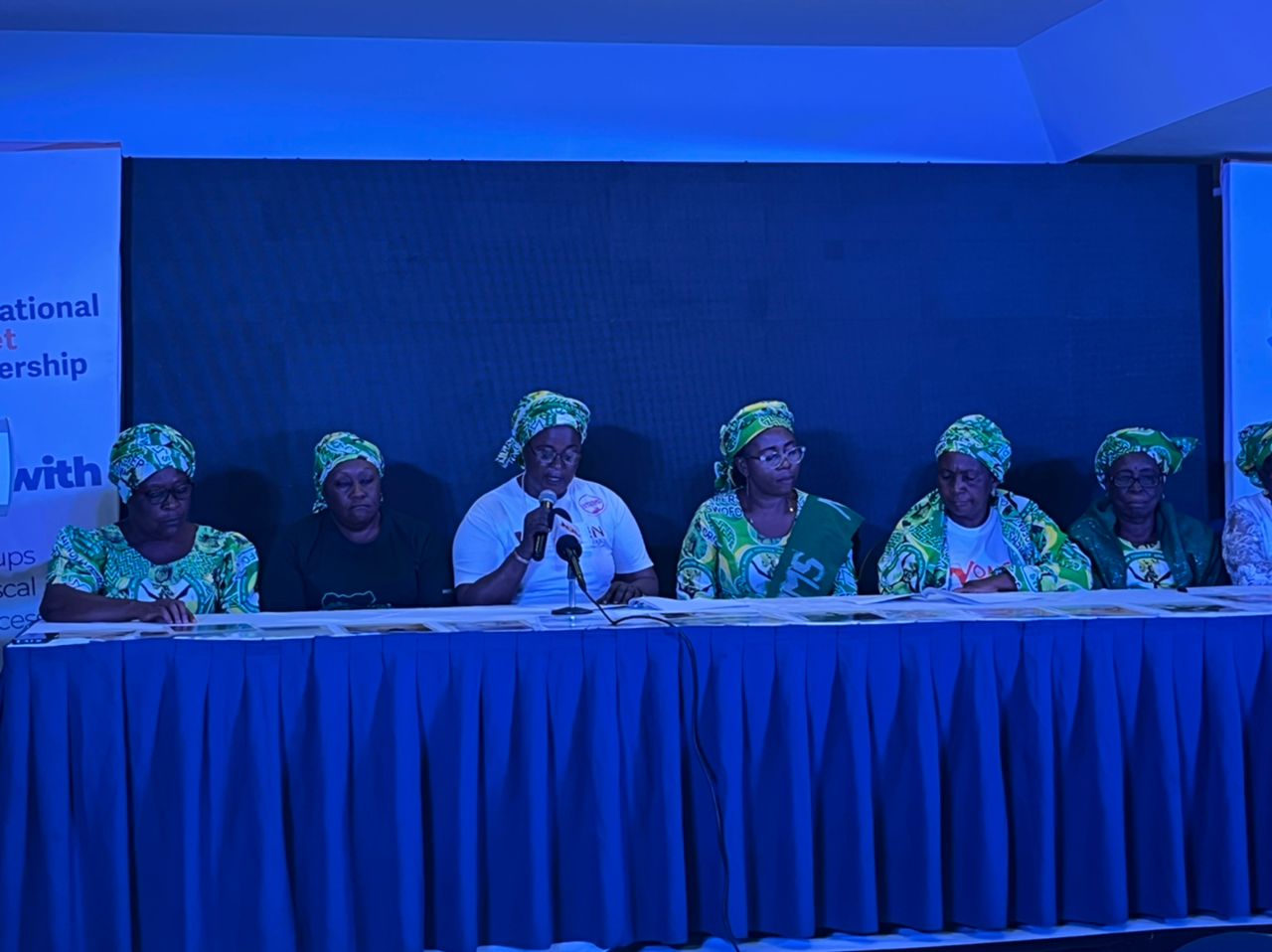Pauline Tallen, minister of women affairs, says the Child Rights Act has been adopted by 34 out of the 36 states in Nigeria.
Tallen announced this on Thursday while addressing journalists at the 59th edition of the ministerial media briefing organised by the presidential communications team in Abuja.
She said the adoption of the law by the states will discourage child marriage and ensure girl child education up till senior secondary school level.
The minister, who declined to name the two states yet to adopt the Act, said they have assured her of its adoption before the end of 2022.
Advertisement
“We have made progress on the domestication of the Child Rights Act 2003. When I assumed office, we had only 12 states that had domesticated the Child Rights Act and without the Act, we cannot achieve our desire of educating female children,” she said.
“You want me to mention the states? The remaining two states have assured me that the Act will be domesticated before the year runs out.
“With the Child Rights Act, the girl child is guaranteed to be in school up till senior secondary school, minimum when she will be about 17 to 18 years and by then, she would have crossed the early marriage stage.”
Advertisement
Speaking on gender-based violence, she said a national situation room and a data dashboard have been launched to address GBV, adding that about 23 states are working towards creating safe spaces for females.
“We have a total of 11,053 cases of gender-based violence reported; fatal cases, 401; closed cases, 592. And we had only 33 persons convicted for this deadly act and that is unacceptable. That is why we are calling on the justice system to act fast on cases of gender-based violence because justice delayed is justice denied,” she added.
“The issue of safe spaces for women and girls, many states have responded to that and more than 23 states have reported they have put in place safe spaces, and some LGAs are even working on having it, because this GBV is even more in the rural areas.”
Advertisement
Add a comment






